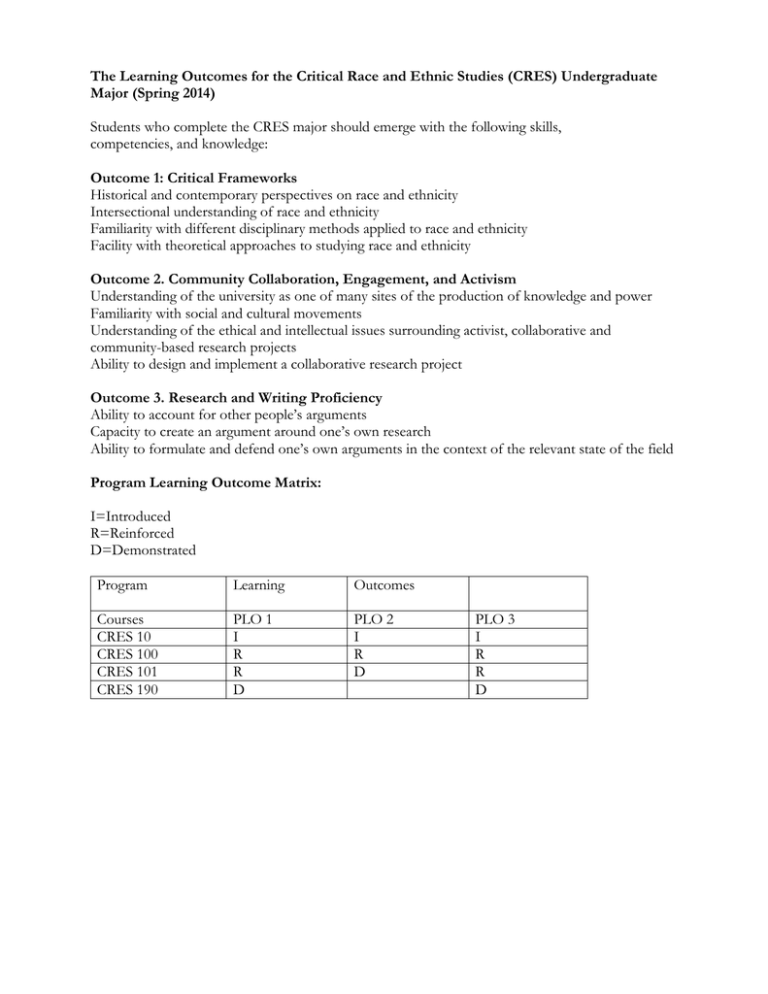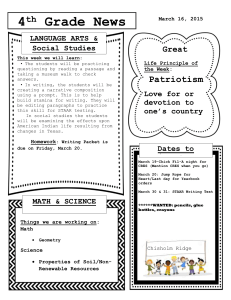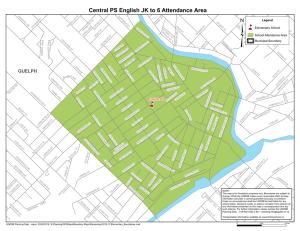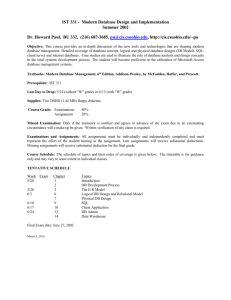The Learning Outcomes for the Critical Race and Ethnic Studies... Major (Spring 2014)
advertisement

The Learning Outcomes for the Critical Race and Ethnic Studies (CRES) Undergraduate Major (Spring 2014) Students who complete the CRES major should emerge with the following skills, competencies, and knowledge: Outcome 1: Critical Frameworks Historical and contemporary perspectives on race and ethnicity Intersectional understanding of race and ethnicity Familiarity with different disciplinary methods applied to race and ethnicity Facility with theoretical approaches to studying race and ethnicity Outcome 2. Community Collaboration, Engagement, and Activism Understanding of the university as one of many sites of the production of knowledge and power Familiarity with social and cultural movements Understanding of the ethical and intellectual issues surrounding activist, collaborative and community-based research projects Ability to design and implement a collaborative research project Outcome 3. Research and Writing Proficiency Ability to account for other people’s arguments Capacity to create an argument around one’s own research Ability to formulate and defend one’s own arguments in the context of the relevant state of the field Program Learning Outcome Matrix: I=Introduced R=Reinforced D=Demonstrated Program Learning Outcomes Courses CRES 10 CRES 100 CRES 101 CRES 190 PLO 1 I R R D PLO 2 I R D PLO 3 I R R D CRES Undergraduate Major Assessment Plan: PLO 2: Community collaboration, engagement, and activism Type of evidence and its source Population Data collection plan and tools Timeline for evidence collection Analysis, reports, recommendations Direct evidence: CRES 101 examinations, short written assignments, research paper All undergraduate students Faculty will articulate standards on assessment form Spring 2015 Fall 2015 Learning outcome standards Student examinations and short written assignments demonstrate understanding of the university as one of many sites of knowledge and power production Student examinations and short written assignments demonstrate understanding of social and cultural movements Student examinations and short written assignments demonstrate understanding of the ethical and intellectual issues surrounding activist, collaborative and communitybased research projects Student final project demonstrates ability to design and implement a collaborative research project Assessment rubrics 1) EE: Exceeds expectations 2) ME: Meets expectations 3) AM: Almost meets expectations 4) NM: Does not meet expectations CRES Undergraduate Major Assessment Form Student’s name________________________________ PLO 2: Community engagement Standards that are evaluated 1) EE: Exceeds expectations 2)ME: Meets Expectations 3) AM: Almost meets expectations 4) NM: Does not meet expectations Student examinations and short written assignments demonstrate understanding of university as one of many sites of knowledge and power production Student examinations and short written assignments demonstrate understanding of social and cultural movements Student examinations and short written assignments demonstrate understanding of the ethical and intellectual issues surrounding activist, collaborative and community-based research projects Student final project demonstrates ability to design and implement a collaborative research project Comments (attach a separate sheet if necessary):________________________________________ ______________________________________________________________________________ ______________________________________________________________________________ Faculty Signature__________________________________________ Date: _________________



